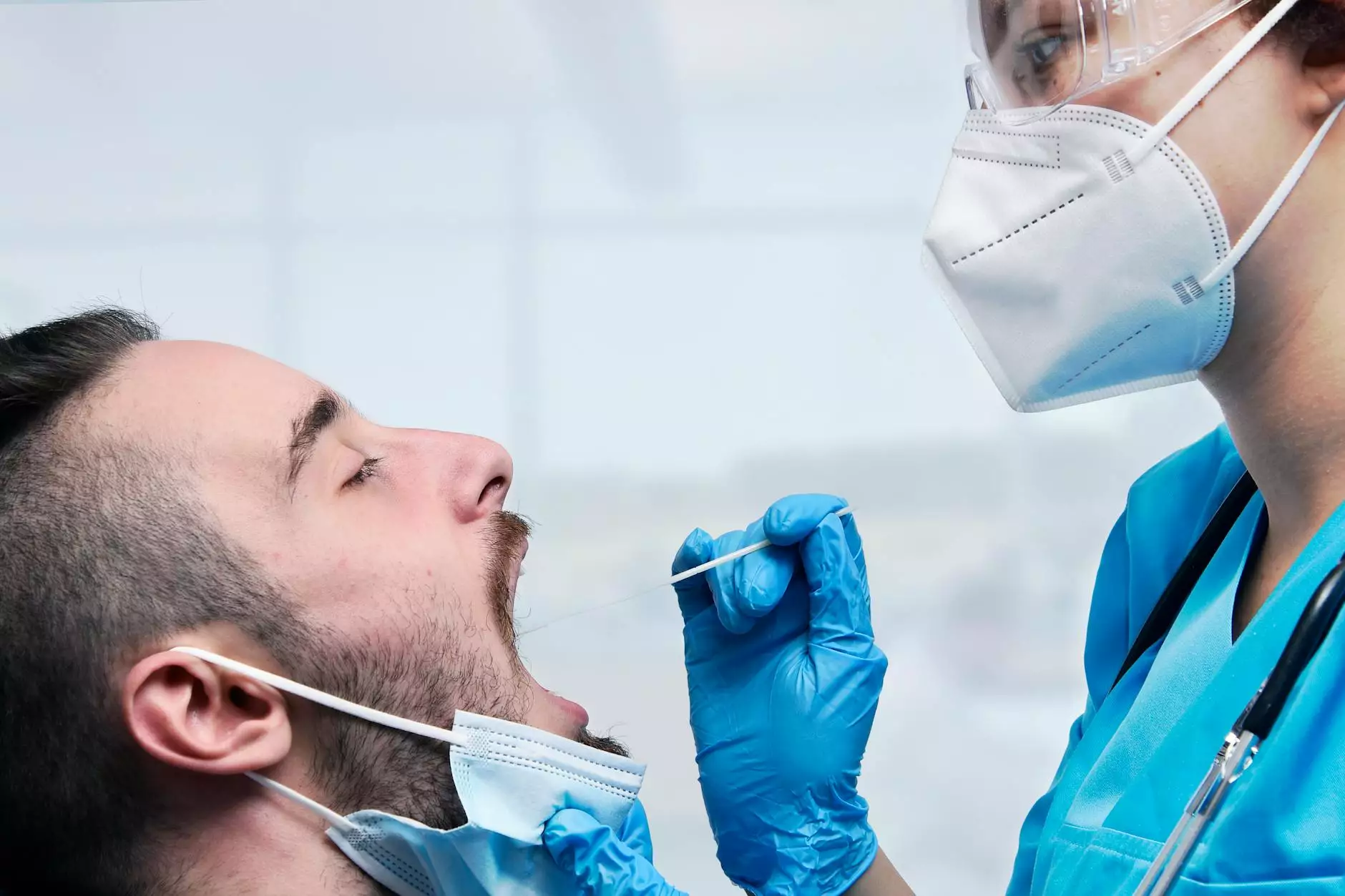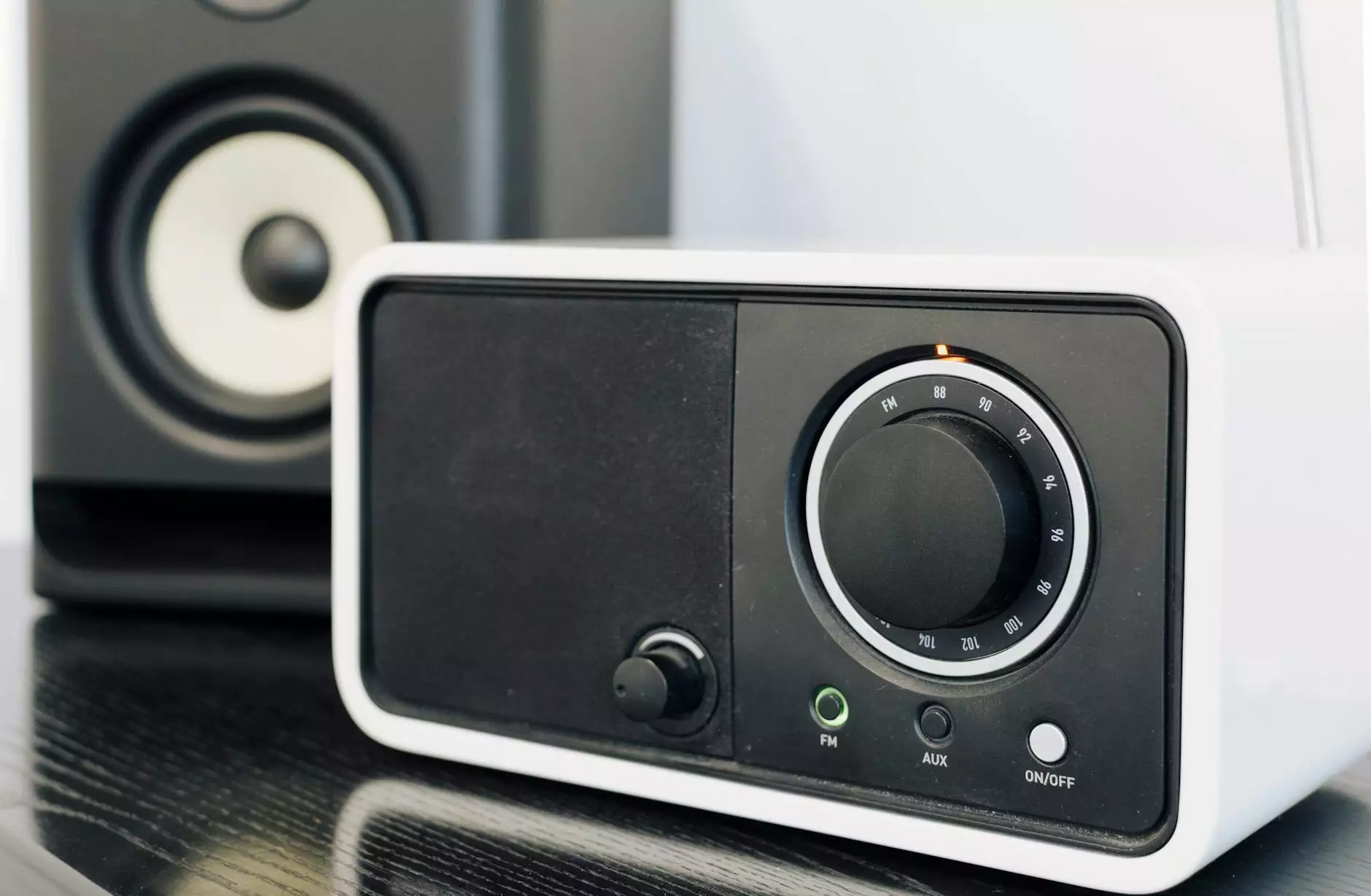Lung Cancer Screening: A Comprehensive Guide to Early Detection

Lung cancer is a leading cause of cancer-related deaths worldwide. The good news is that with early detection through lung cancer screening, the chances of successful treatment and overall survival rates can significantly improve. In this detailed guide, we will delve into the importance of lung cancer screening, its various types, the process, costs involved, and why it should be an essential part of cancer prevention strategies. Whether you're a healthcare professional, a patient, or just someone interested in understanding this crucial health issue, this article will serve as an invaluable resource.
Understanding Lung Cancer
Before discussing the screening methods, it’s crucial to understand what lung cancer is. Lung cancer occurs when harmful cells in the lungs begin to grow uncontrollably. There are two main types:
- Small Cell Lung Cancer (SCLC): This type is more aggressive and tends to spread quickly.
- Non-Small Cell Lung Cancer (NSCLC): This is the most common type, making up about 85% of lung cancer cases.
The Importance of Lung Cancer Screening
Lung cancer screening is vital because it allows for the early detection of the disease, which can lead to better treatment outcomes. Here are some key reasons why lung cancer screening is essential:
- Early Detection Saves Lives: Many lung cancer patients are diagnosed at an advanced stage when treatment is less effective. Screening can detect lung cancer when it is still in its early stages.
- Reduces Mortality Rates: Studies have shown that screening can reduce lung cancer mortality rates by up to 20% in high-risk populations.
- Improved Quality of Life: Early treatment leads to better quality of life outcomes for patients.
Who Should Get Screened?
The U.S. Preventive Services Task Force (USPSTF) recommends that the following individuals should consider lung cancer screening:
- Adults aged 50 to 80 years
- Current smokers or those who have quit within the last 15 years
- Individuals with a smoking history of at least 20 pack-years (i.e., one pack per day for 20 years)
Types of Lung Cancer Screening
There are several methods available for lung cancer screening, each with its benefits. The most common screening method used today is:
Low-Dose Computed Tomography (LDCT)
LDCT is currently the standard for lung cancer screening. Here's why:
- Non-Invasive: It is a painless and simple procedure that involves taking detailed images of the lungs.
- Radiation Exposure: LDCT uses significantly less radiation compared to traditional CT scans.
- High Sensitivity: This method can detect lung nodules and tumors that might not be visible through other imaging techniques.
What to Expect During Lung Cancer Screening
If you are considering lung cancer screening through LDCT, here’s what to expect:
- Preparation: There is typically no special preparation required. However, you should inform your doctor about any medications you're taking and discuss your medical history.
- The Procedure: The actual scan takes less than 30 minutes and involves lying on a table while the scanner rotates around your chest, capturing images.
- Post-Procedure: After the scan, you can return to your normal activities immediately. A radiologist will review the images and report the findings to your doctor.
Interpreting Screening Results
Screening results can sometimes be a source of anxiety. Results may come back as:
- Negative: No abnormalities were found, and you may not need another screening for a certain period.
- Positive: This indicates that something abnormal was found. Further tests, such as a biopsy, may be necessary to determine the nature of the findings.
- Incidental Findings: Sometimes, the scan might reveal something unrelated to cancer. Always discuss these results and their implications with your healthcare provider.
Potential Risks and Limitations of Lung Cancer Screening
While lung cancer screening can be a lifesaver, it is not without its risks:
- False Positives: In some cases, the screening may suggest that cancer is present when it isn’t, leading to unnecessary anxiety and additional tests.
- Overdiagnosis: Some cancers detected through screening may not cause symptoms or harm the individual during their lifetime, which may lead to overtreatment.
- Radiation Exposure: Although LDCT uses lower radiation doses, there is still a small risk associated with multiple scans over time.
The Role of Healthcare Providers in Lung Cancer Screening
Healthcare providers play an essential role in the lung cancer screening process. Here’s how they contribute:
- Risk Assessment: Providers evaluate patient risk factors to determine who should be screened.
- Education: They explain the benefits and limitations of screening, ensuring patients can make informed decisions.
- Follow-Up Care: Providers organize follow-up appointments to discuss results and potential next steps.
Cost of Lung Cancer Screening
The cost of lung cancer screening can vary based on several factors:
- Insurance Coverage: Many insurance plans cover lung cancer screening for eligible patients, so checking with your provider is essential.
- Facility Fees: The location of the scan, whether in a hospital or outpatient facility, can affect overall costs.
- Additional Tests: If further diagnostic tests are needed, these will incur additional costs.
Why Choose HelloPhysio for Your Lung Cancer Screening?
At HelloPhysio, we prioritize your health and wellbeing. Here’s why our clinic stands out:
- Comprehensive Care: We provide thorough assessments and personalized screening plans tailored to individual needs.
- Advanced Technology: Our state-of-the-art imaging equipment ensures accurate results with low radiation exposure.
- Expert Team: Our team of healthcare providers includes specialists who are dedicated to guiding you through the screening process and beyond.
Conclusion
Lung cancer screening is a pivotal tool in the fight against lung cancer. By identifying the disease in its earliest stages, we can significantly improve treatment outcomes and save lives. If you or a loved one meets the criteria for screening, do not hesitate to reach out to your healthcare provider to discuss your options. Remember, early detection is the key to a better prognosis. For more information or to schedule a screening, contact us at HelloPhysio today!









